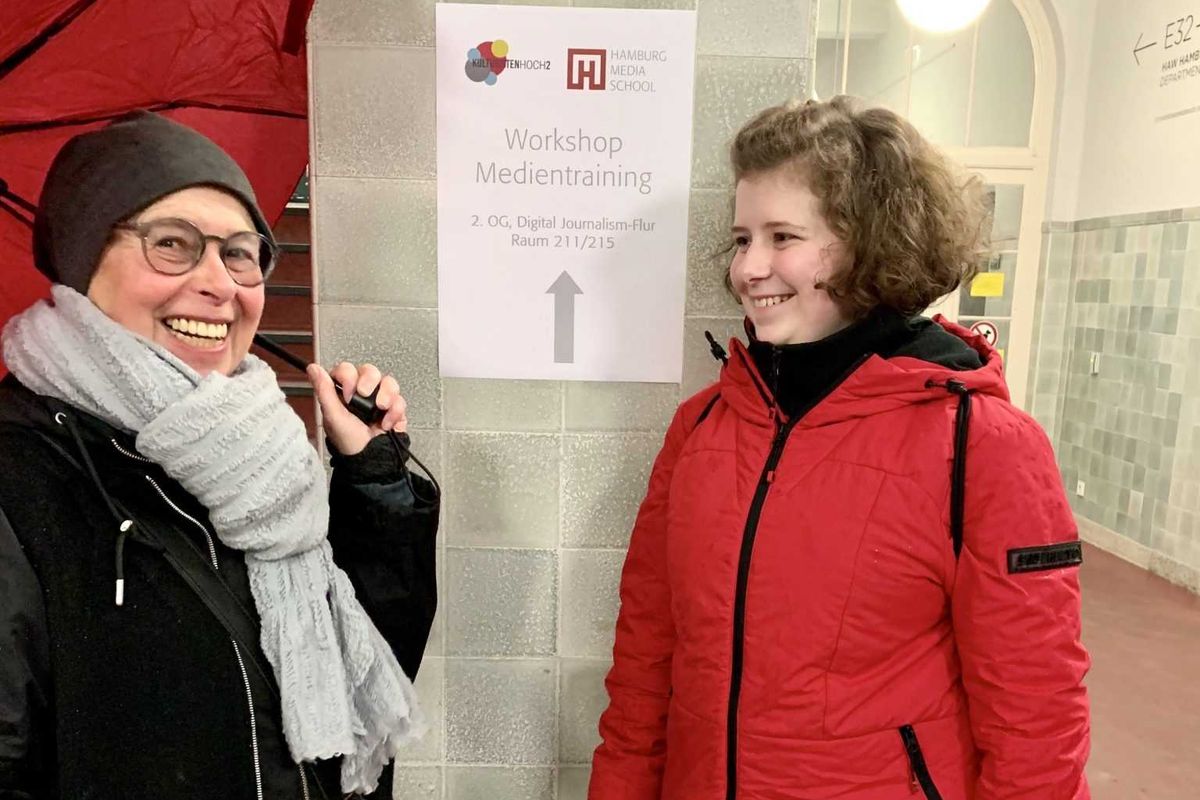LeVar Burton shares thoughtful reaction to finding out he has a Confederate ancestor
“There’s some conflict roiling inside of me right now, but also oddly enough I feel a pathway opening up…"

James Henry Dixon was a North Carolina farmer with a wife and children when he fathered Burton's great-grandmother.
The United States has long been seen as a "melting pot," a "nation of immigrants," and a country where people of diverse backgrounds mix and mingle together under the common banner of freedom and liberty.
It's a bit more complicated than that, though, especially for Black Americans whose ancestors came to the U.S. by force as part of the "peculiar institution" of human chattel slavery. Through the cruel system of buying, selling and breeding human beings for generations, many people's ancestral knowledge was stolen from them, a historical reality that prompted "Black" with a capital "B" as an ethnic and cultural identifier for people of the African diaspora.
Curiosity about the varied backgrounds of Americans is the basis of "Finding Your Roots," a PBS series hosted by Harvard professor Henry Gates, Jr. The show has revealed some surprises in some famous people's DNA, including the beloved "Reading Rainbow" host, LeVar Burton.
Burton sat down with Gates to go over what researchers had found out about his lineage, and what they discovered floored him. Burton said that his mom, who had raised him and his siblings as a single mother from the time he was 11, had never wanted to share anything about her own personal history, so he didn't know much about his ancestry.
As it turns out, the man who was on record as being Burton's great-great-grandfather, Louis Sills, was not actually his blood ancestor at all. The man who fathered Mary Sills, Burton's great-grandmother, was actually a white man named James Henry Dixon.
Burton knew Sills when he was a child and referred to her as "Granny." He had always been told that Granny had some Native American ancestry, but she was actually half white, her father being a North Carolina farmer who had a wife and children at the time Sills was born.
Not only that, but Dixon had served in the junior reserves for the Confederacy as a teenager, too young to be in active combat when the war broke out in 1861. So not only did Burton have a white direct ancestor but that ancestor was on the side of defending the enslavement of Black people.
"Are you kidding me?" was Burton's initial response to this news. "Oh my god. I did not see this coming."
Once the news sunk in, Burton thoughtfully reflected on what it might have meant.
“I often wonder about white men of the period and how they justify to themselves their relations with Black women, especially those in an unbalanced power dynamic," Burton said. "There has to be a powerful disconnect created emotionally and mentally. So it’s possible in my mind that he could’ve contemplated it and was conflicted at worst, maybe repentant at best. And then there’s the possibility that he didn’t think about it at all."
Through we don't know the nature of the sexual relationship between Sills and Dixon, sexual violence was a ubiquitous feature of enslavement in the U.S. and the power dynamic between white and Black people at that raises questions about whether any relations could be viewed as truly consensual. Previous episodes of "Finding Your Roots" has unveiled relationships that defy assumptions one way or the other, so that element of Burton's family history remains a mystery. However, Dixon fathered at least nine children and had at least 40 grandchildren, meaning Burton likely has white relatives scattered throughout the country.
When Gates asked Burton how this revelation of having a white Confederate great-great-grandfather made him feel, he said, "There's some conflict roiling inside of me right now, but it, it, it also, oddly enough, I feel, I, I feel a pathway opening up…I believe that as Americans, we need to have this conversation about who we are and how we got here. But yet I see that we're so polarized politically and racially. We're not talking to each other. And so I've been looking for an entry point to talk to white America."
"Well, that door just opened," said Gates.
"Here it is," responded Burton. "Here it is."
Some people didn't understand Burton's reaction, highlighting the complexity of racial identity and the history of race relations in the U.S. in particular due to the reality of race-based slavery. One of the things people love about "Finding Your Roots" is how it opens up entirely new perspectives in people's own life stories, which is a very personal thing.
As Burton wrote in response to a commenter on X, "It is one thing to know something on an intellectual level, another matter entirely to be introduced to an emotional truth that is both surprising and wholly unexpected."
Burton found out a lot more about his ancestry on both sides, including the fact that education and literacy—which Burton has dedicated much of his career to—can be traced back several generations through his father's side. His father left when he was 11 and he didn't know anything about his background, but he actually had educators in his family going back to at least 1880.
Though Burton said it was "overwhelming" to find all of this out about his lineage, he also said he was "ecstatic" to learn it.
"Never in a million years would I ever have imagined that you would find information like this for my family," Burton told Gates.
Watch Burton's entire ancestry being revealed on "Finding Your Roots," starting at the 12:00 mark and continuing again at 32:50:
- Millennials cry happy tears as 'Reading Rainbow' debuts on Netflix. ›
- LeVar Burton is getting a much deserved lifetime achievement award for his decades of service ›
- LeVar Burton calmly explains the truth about 'cancel culture' to Meghan McCain ›
- LeVar Burton shares why he hung 'Roots' chains in his home - Upworthy ›



 A UPS truck with package deliveries.Image via Wikipedia
A UPS truck with package deliveries.Image via Wikipedia
 Cher was the biggest phenomenon on the planet for the better part of the '70s and '80s.Casblanca Records/
Cher was the biggest phenomenon on the planet for the better part of the '70s and '80s.Casblanca Records/

 A high school volunteer with her senior "tandem."
A high school volunteer with her senior "tandem."  KH2 makes leaving the house more accessible to senior citizens.
KH2 makes leaving the house more accessible to senior citizens.  Many "culture buddies" stay in contact after the program ends.
Many "culture buddies" stay in contact after the program ends.  KH2 provides students with excellent life skills and lasting connections.
KH2 provides students with excellent life skills and lasting connections. 
 Parents posing with their young kids on a basketball court. via
Parents posing with their young kids on a basketball court. via